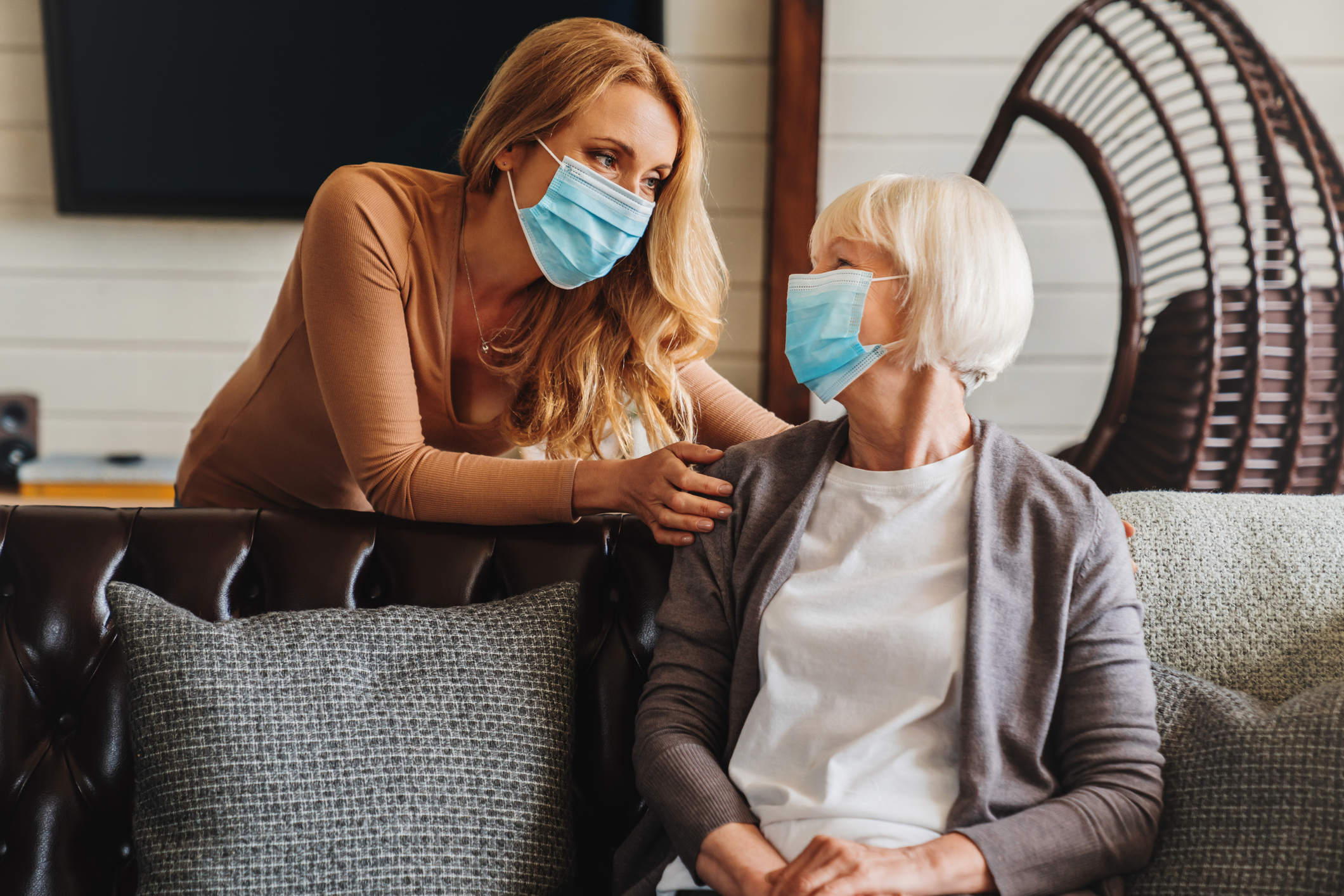COVID-19 increased demands on carers' wellbeing, study finds

COVID-19 has increased demands on informal carers and severely increased demands on their mental, physical and financial wellbeing, according to a global study.
Embracing Carers is a global initiative led by Germany’s Merck KGaA and is focused on recognising and raising awareness about the role of informal carers.
It intends to develop solutions with global organisations and has produced the Carer Well-Being Index to provide insights and recommendations to help the public and private sector support informal carers globally.
The report is based on findings of an independent, third-party market research provider and non-government organisations, which interviewed more than 9,000 unpaid carers across 12 countries.
Countries included in the survey were the US, Canada, the UK, France, Germany, Italy, Spain, Australia, Brazil, Taiwan, India and China.
Conditions they cared for included cancer, multiple sclerosis, Parkinson’s disease, dementia, spinal cord injury, muscular dystrophy, other cognitive or mental condition or congestive heart failure.
Findings showed that 81% globally have had to sacrifice more of their personal life for the individuals they care for since the pandemic began.
More than three quarters (76%) said the pandemic has caused them to feel more burnt out than ever before.
The pandemic has created emotional, technological and financial pressure points, according to the study.
Of the carers questioned, 61% said the pandemic has worsened their emotional health, with women affected disproportionately.
Fifty-one percent said they have seen an increase in managing technology while they keep pace with virtual medical appointments, keep in touch with loved ones. Additional needs for telehealth guidance were particularly pronounced in Asia.
Slightly more than half of carers (54%) agreed the pandemic had worsened their financial health and 71% are concerned they will no longer be able to afford proper care.
During the height of the pandemic in each country, the average time carers spent caregiving grew by 7.6 hours per week compared to before the pandemic hit; an increase of 46%.
Approximately a third of carers (32%) reported that they believe they will spend an average of 31 or more hours per week caregiving in the future due to the impact of the coronavirus pandemic.
Heather Connor, global head of communications for the Healthcare business sector at Merck, said: “Our aim is that the Carer Well-Being Index study will serve as a resource for government leaders, employers, community organizations and people around the world seeking to better understand the needs of carers, and provide recommendations on how to best address this unmet public health priority.”












